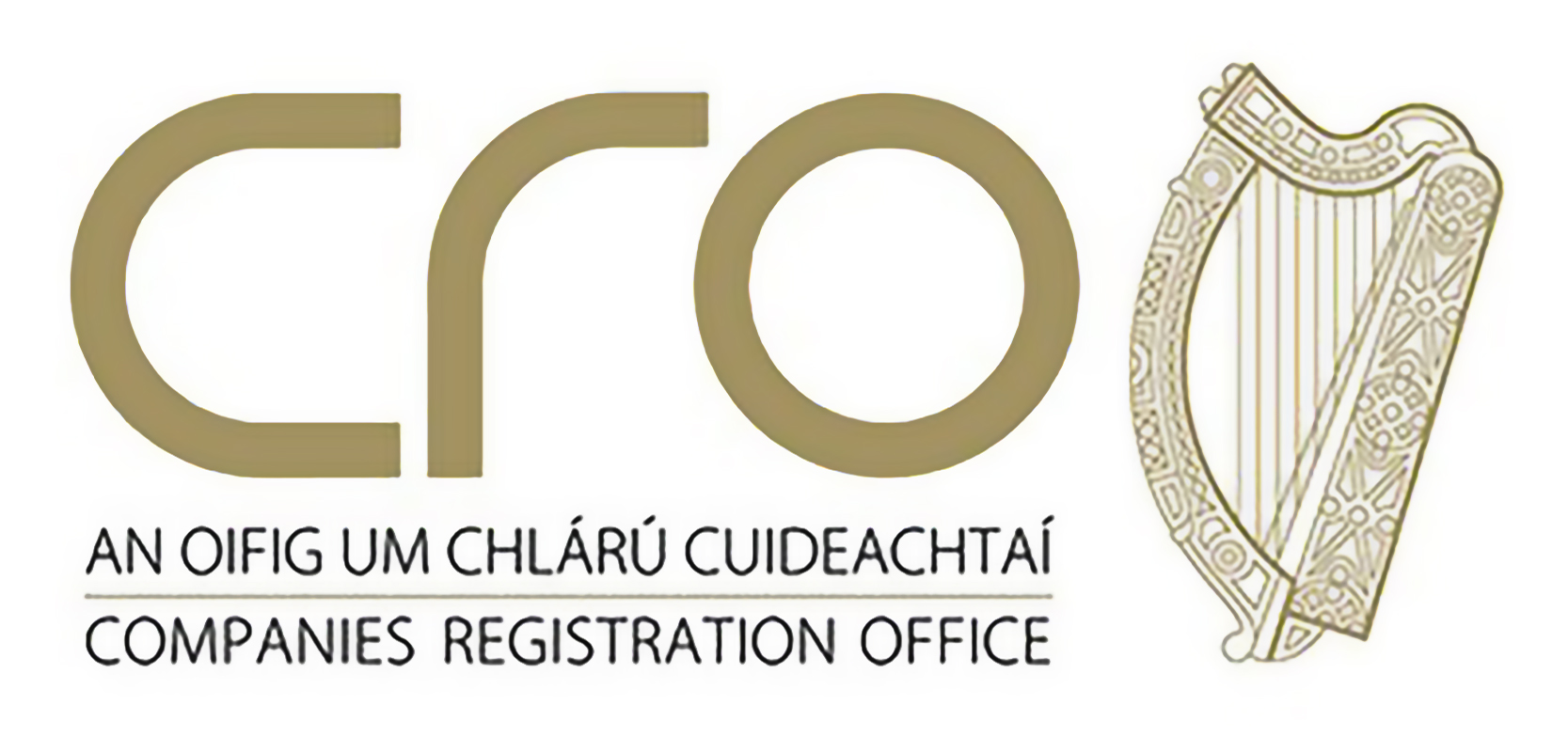The National Archives – A brief synopsis
Born of a merging of the State Paper Office (SPO) (Founded in 1702 and holding the records of the various Lord Lieutenants of Ireland, 1542 to 1801) and the Public Record Office of Ireland (PROI) (Founded 1867) whose duties included ‘…collecting administrative, court and probate records…’, the new National Archives (NA) was opened on 1 June 1988.
On its inception under the National Archives Act 1986, it was purposed with the enduring conservation, indexing and making public of records of state, including legal, historical, and genealogical records.
These virtuous aims were entrusted to the various division of the state body, i.e., the Archives Storage and Preservation Division (responsible for ‘accommodation, conservation and preservation, reprographics, document production…)’, the Reader Services Division, the Records Acquisition and Description Division, and the Special Projects Divisions.
What records are typically searched by Law Searchers in the National Archives
Ellis & Ellis are regular attendees at the National Archives research rooms, and we offer search expertise for such matters as court records, testamentary records, and for genealogical/ family history research purposes. However, what we tend to search for most frequently are Wills, Grants of Probate, and Schedules of Assets.
We also offer a bespeaking service and can take up official documents as required.
Why might the purchasing solicitor/ conveyancer instruct Ellis & Ellis to search in the National Archives when investigating title in a property/ right/ interest purchase?
Invariably requests for the Wills, Grants of Probate, and Schedules of Assets documents form part on the ongoing pursuit by solicitors of a ‘chain of title’ in conveyancing matters.
Typically, the problem involves efforts to bridge a break in the ‘title chain’. That is, overcoming the searching obstacles arising from deceased persons not being legally able to transfer property or its interests and rights.
The above, being a consequence of the Succession Act 1965, means that only the personal representative of a deceased registered owner has the power to deal with the property or transfer the sale property or otherwise vest the interest by assent to the entitled persons.
Ultimately, the upshot of a person being deceased can also impact on compulsory first registration (of unregistered title) with the Land Registry in the following two ways: –
(a) For a person who died testate (with a valid will) a Grant of Probate is issued and an executor (the personal representative) is appointed. However, in order for the executor to transfer a property to ‘… a person who claims to be by law entitled to the property of a deceased registered full owner … ‘then the Land Registry requires an ‘application for registration under such transfer shall be accompanied by the probate or letters of administration with will annexed [if a person other than the executor is applying for the grant] or an official copy’.
(b) For those who die intestate (without a will/ invalid will/ or a will set aside by the courts), the laws of succession apply, and an administrator is accordingly appointed via a letter of administration to the deceased person’s estate.
As such by taking up copies of these documents it firstly provides the official documentation required by the Land Registry for first registration.
More pointedly, it can also provide the solicitor with an executor/ administrator’s name for the law searching agent to search against in the Registry of Deeds (ROD) grantors index of names.
Ideally any such search in the ROD will confirm the parsing of the property/ right/ interest from the entitled person (Grantor) onto the final intended recipient (Grantee). Therefore, a search against the correct grantee may help identify a ‘chain of title’ (or not), depending on the available records.
Use a trusted Law Search provider.
As such, taking into account the considerable downsides which arise from the absence of a search or, even worse, an incomplete or incorrect National Archives search, it is vital for purchasing solicitors and conveyancers to rely on a reputable legal search provider like Ellis & Ellis.
Through our combination of a user-friendly and instant ordering platform at www.ellis.ie , more than a century of professional expertise, and an exceptional post-sales support, we deliver a superior search service to our clients.
For added peace of mind Ellis & Ellis provide Professional Indemnity Cover of €10 million.
Why not join the 1000’s of users who trust Ellis & Ellis to deliver them a competitive edge?
Did you find the above information to be of interest? Why not check out one of our other Ellis & Ellis explainers for some related searches below; –









